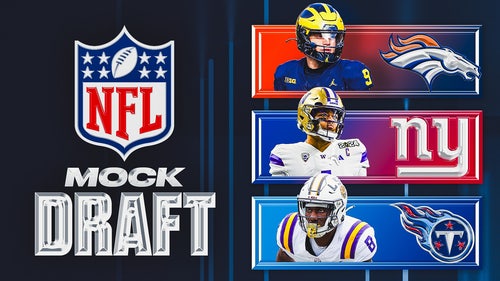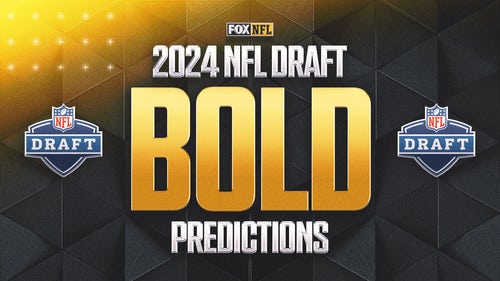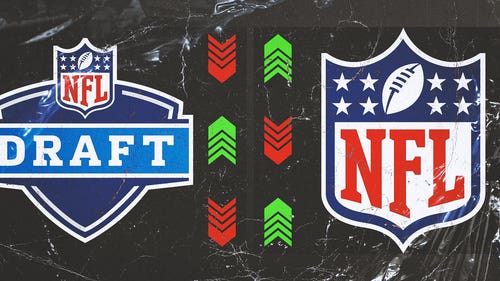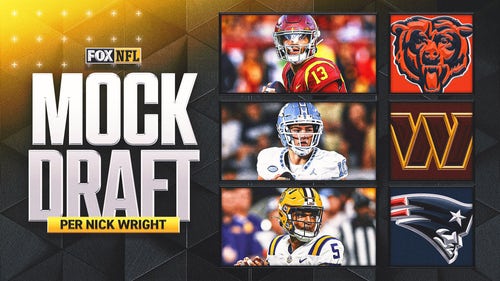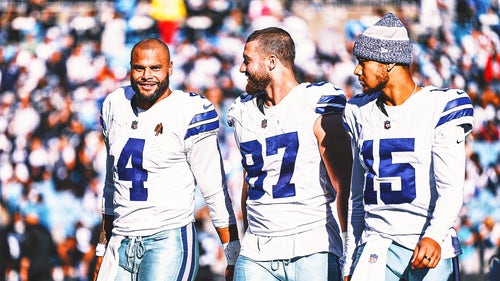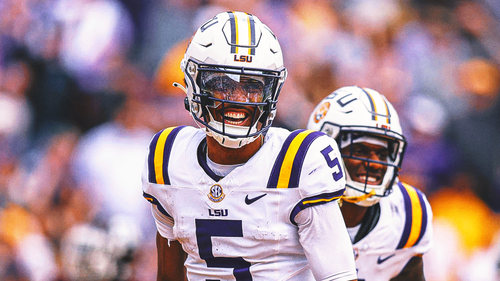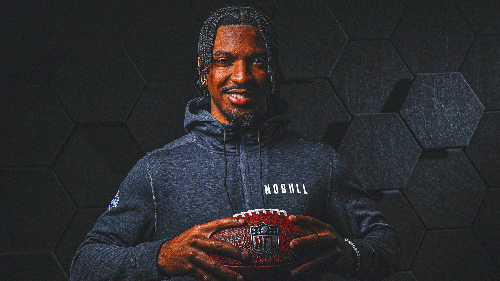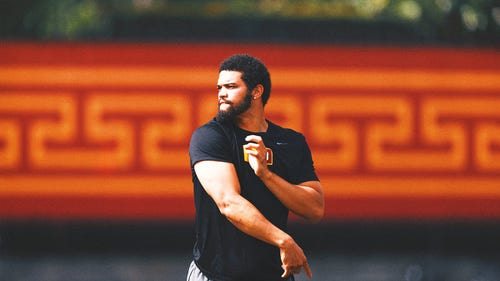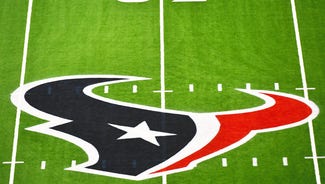
Hernandez's lawyers seek to suppress key text messages in Lloyd case

Attorneys for former New England Patriots tight end Aaron Hernandez filed a new motion Monday, this one seeking to suppress numerous text messages that are at the heart of the assertions from prosecutors that the football star orchestrated the 2013 murder of an associate.
Hernandez’s lawyers contend investigators didn’t have the authority to take the cell phone that contained those messages – despite a judge’s earlier ruling that they did.
Their argument: that a search warrant issued the day after Odin Lloyd’s murder allowed the search of Hernandez’s home in North Attleboro, Mass., and the seizure of the phone if it was there – but it wasn’t located at his house, it was in the possession of one of his attorneys. Consequently, Hernandez’s attorneys contend in the new motion that investigators should have obtained a new warrant, one allowing them to search the law firm or the lawyers who had the phone.
“The truth is that this phone was seized from the attorneys representing Mr. Hernandez at their Boston law office without any warrant at all!” attorneys Charles Rankin, James Sultan and Michael Fee wrote in a memo accompanying the motion. “Because the seizure without a warrant was unlawful, the phone, its contents, and all evidence derived from the illegal seizure of the phone must be suppressed.”
Neither Hernandez’s attorneys nor prosecutors responded to messages from FOX Sports.
Hernandez is scheduled to face trial beginning Jan. 9 on murder and weapons charges related to the June 17, 2013, killing of Lloyd, a 27-year-old semipro football player. Lloyd, who was gunned down in a secluded field less than a mile from Hernandez’s home, was dating the sister of the star player’s fiancée.
Two alleged accomplices, Carlos Ortiz and Ernest Wallace Jr., have also been indicted on murder charges in Lloyd’s death. Prosecutors have not said who they believe fired the fatal shots.
Hernandez separately faces murder and assault charges in a different case – the July 16, 2012, killings of Brian de Abreu, 29, and Safiro Furtado, 28, and the wounding of a third man at a South Boston intersection. That case is scheduled for trial beginning next May 28, although it is likely to be pushed back.
The cell phone and the text messages sent from it and to it are at the crux of prosecutors’ contention that Hernandez “orchestrated” the murder of Lloyd.
Hernandez, prosecutors have said in court, was angry with Lloyd after a dispute a few days earlier at a Boston nightclub.
According to previously filed court documents, Hernandez’s phone contained evidence of numerous contacts with Lloyd and with Ortiz and Wallace in the hours leading up to the murder. Prosecutors contend that Hernandez summoned Ortiz and Wallace from his hometown of Bristol, Conn., to North Attleboro and at the same time made arrangements to meet with Lloyd.
According to court documents, those messages began at 9:02 p.m. on June 16, 2013, when a text was sent from Hernandez’s phone to Wallace: “please make it back cuZ I’m Def trying to step for alittle.”
Three minutes later, a message was sent from Hernandez’s phone to Lloyd: “I’m coming to grab that tonight u gon b around I need dat and we could step for a little again.”
Over the next several hours, according to court documents, numerous messages were exchanged between Hernandez’s phone and Lloyd, Ortiz and Wallace.
Prosecutors contend that Hernandez drove Ortiz and Wallace to the Dorchester section of Boston, where they picked up Lloyd early the morning of June 17. They allege that Hernandez then drove the group back to North Attleboro and pulled into a secluded field surrounded by mounds of gravel and woods.
There, Lloyd was shot and killed.
Hernandez’s lawyers have waged a months-long battle to toss out evidence in the case -- they filed an earlier motion, for instance, arguing that there weren’t legal grounds to support the warrant that allowed the search of Hernandez’s home the day after Lloyd’s death. They also sought to toss out images from the home surveillance system at the house and prohibit prosecutors from using evidence taken from two cell phones and three iPads seized during the search.
Judge E. Susan Garsh ruled that the warrant was justified and that the seizures of the home surveillance system and Hernandez’s cell phone were proper. She did throw out taking the other two cell phones and the three iPads, ruling that they couldn’t be taken because they weren’t listed on the warrant.
However, she reiterated again in that ruling -- issued Aug. 26 -- that she had earlier allowed the seizure of Hernandez’s cell phone.
But the new motion contends that prosecutors mislead Hernandez’s lawyers -- and that the phone’s seizure was improper because both the U.S. and Massachusetts constitutions require that warrants specify the place to be searched. In this case, they argued, investigators had a warrant to search Hernandez’s home and seize the Blackberry phone and a second warrant to search the phone after it was taken.
According to Monday’s filings, Assistant District Attorney Patrick Bomberg called Fee as the search of Hernandez’s home was being carried out and told him prosecutors had obtained a warrant authorizing seizure of the cell phone. At the time, the phone was located at the law offices of Ropes & Gray, where Fee was a partner.
“When Mr. Fee confirmed that the cell phone was at the offices of Ropes & Gray, ADA Bomberg directed a state trooper to go to the law firm to seize the cell phone,” Hernandez’s lawyers wrote in the filing. “There was, however, no warrant authorizing the seizure of the cell phone from Ropes & Gray. One warrant authorized the search of the house; the other authorized a search of the data on the phone once it had been seized from Mr. Hernandez. Neither authorized the seizure of the phone from Mr. Hernandez’s lawyers or their law office.”
According to the filing, prosecutors say “this deliberately induced Mr. Hernandez’s lawyers to turn over his cell phone based upon a false claim of legal authority.”
“They mislead his lawyers in order to get access to evidence they had no legal right to obtain,” Hernandez’s attorneys wrote.
Prosecutors have until Sept. 19 to file their response to the new motion, and Judge Garsh is scheduled to take it up at a hearing Sept. 30.






































































































































